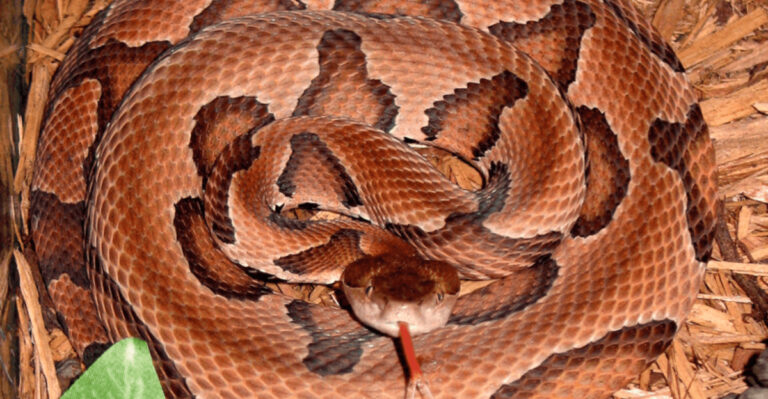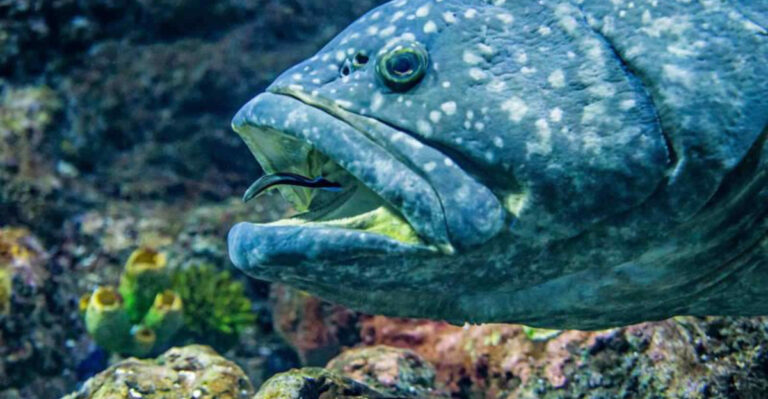Everything You Need To Know About Hedgehog Teeth
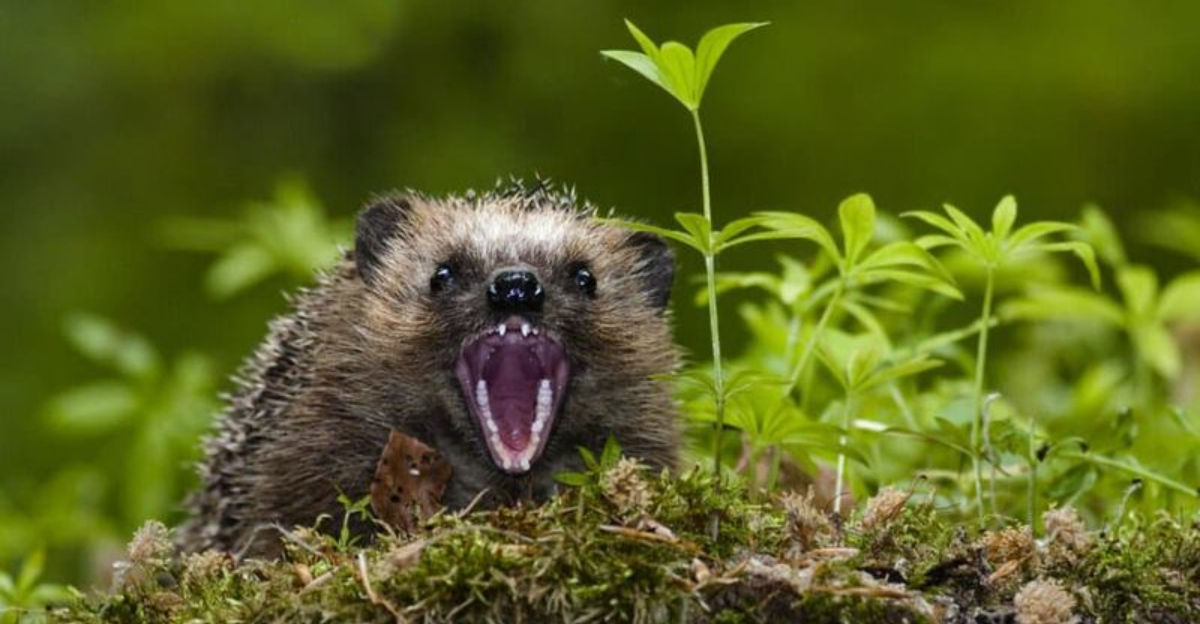
Hedgehogs, those adorable spiky mammals that have captured our hearts, have some fascinating dental features that many pet owners overlook.
Their teeth play a crucial role in their survival, helping them crunch through insects and other foods in the wild. Understanding hedgehog dental health is essential for keeping these prickly pals happy and healthy.
Hedgehogs Have 36 To 44 Teeth
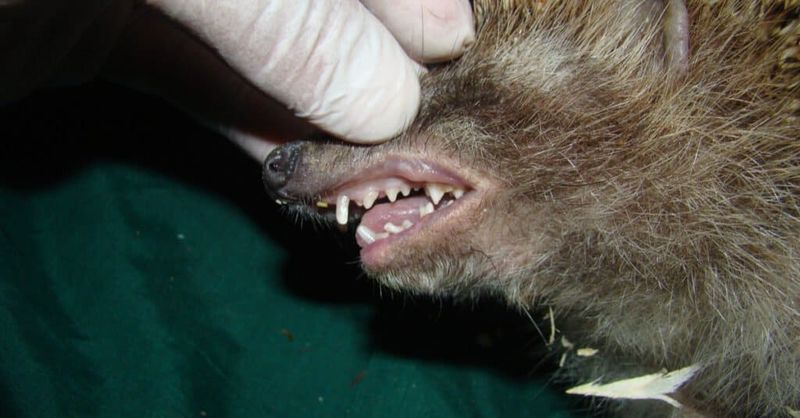
A full-grown hedgehog’s mouth contains an impressive array of chompers! Their dental arrangement includes sharp incisors at the front, pointed canines, and grinding premolars and molars at the back.
This comprehensive set allows these spiky creatures to handle their varied diet with ease. Wild hedgehogs need every tooth to process their insect-heavy meals efficiently.
Teeth Are Short And Coarse
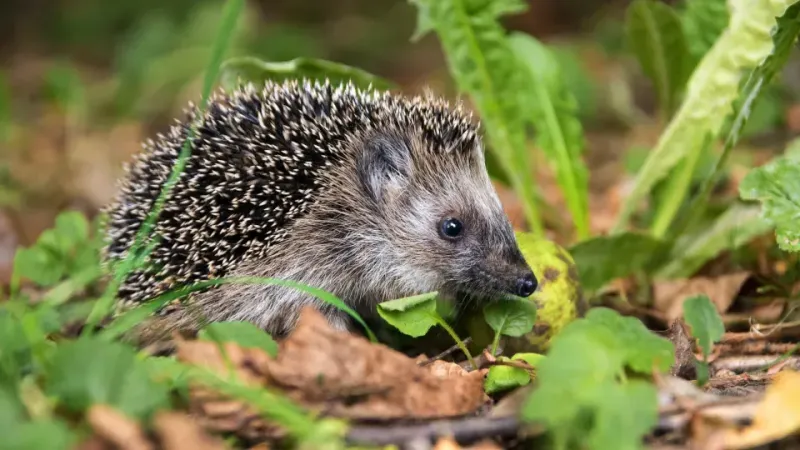
Unlike the long fangs of some mammals, hedgehog teeth have evolved to be relatively stubby yet effective. Their somewhat rough texture provides the perfect grinding surface for breaking down chitinous insect exoskeletons.
The blunt design serves them well when crunching through snails, worms, and occasional small vertebrates. These teeth reflect their position as opportunistic omnivores in the wild.
Teeth Have Closed Roots
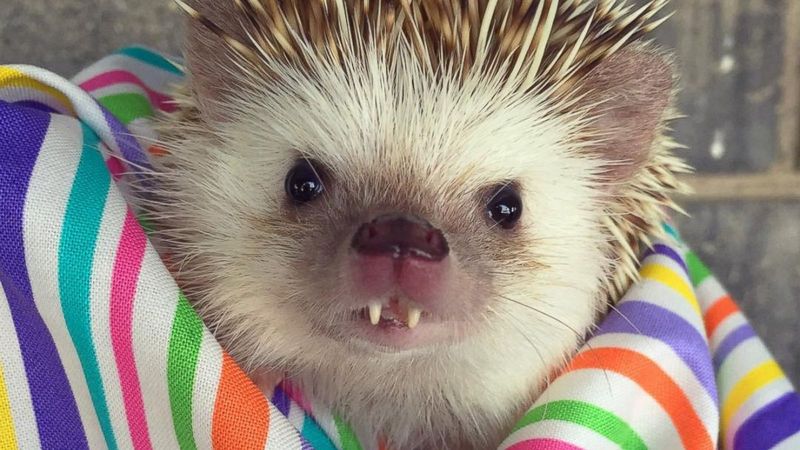
Hedgehogs possess what dentists call brachydont teeth – meaning they have fully formed roots that close once development completes. This differs dramatically from rodents like mice and rabbits.
Once a hedgehog’s adult teeth emerge, they’re set for life. No continuous growth means their dental strategy is completely different from many other small mammals you might keep as pets.
Dental Formula
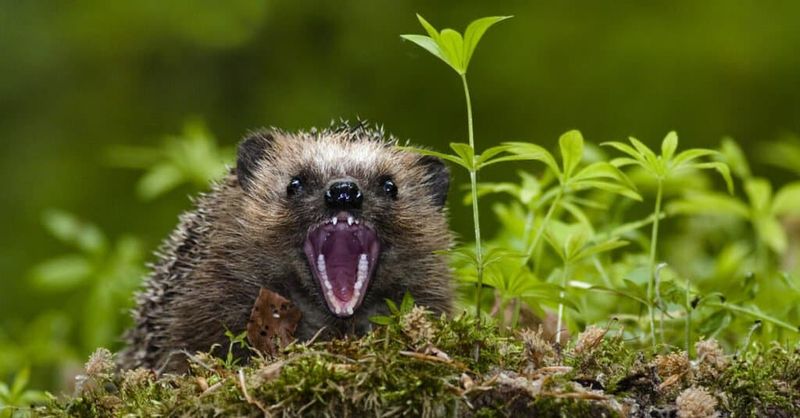
Scientists use a special code to describe tooth arrangements across species. For hedgehogs, I3/2 means three incisors on top and two below on each side. C1/1 indicates one canine top and bottom.
P3/2 represents three premolars above and two below, while M3/3 shows three molars in each jaw quadrant. This formula helps veterinarians identify missing or problematic teeth during exams.
No Continuous Tooth Growth
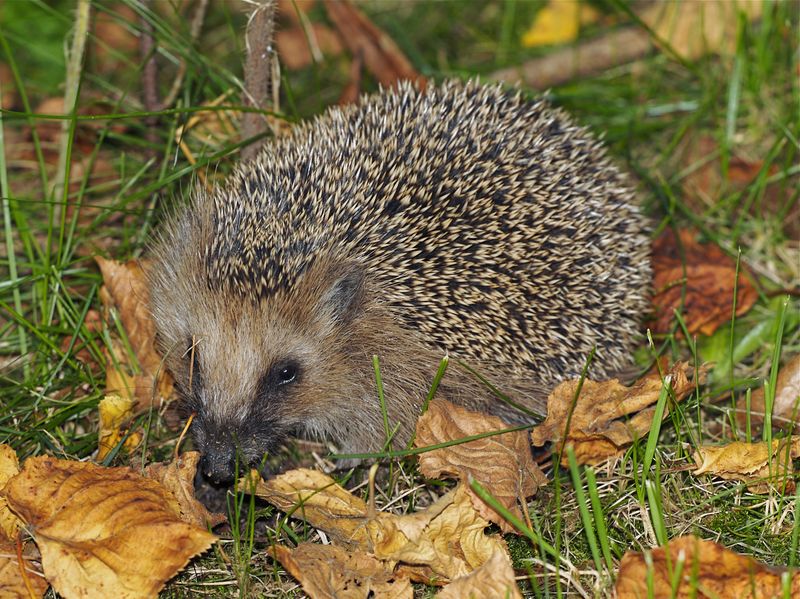
Hamsters, guinea pigs, and rabbits have ever-growing teeth requiring constant wear to prevent overgrowth. Hedgehogs, thankfully, don’t share this characteristic!
Their teeth reach a fixed length and stop growing, eliminating the need for constant gnawing. This dental trait makes hedgehog care somewhat simpler than rodent maintenance, though they still need proper dental attention.
Susceptible To Dental Diseases
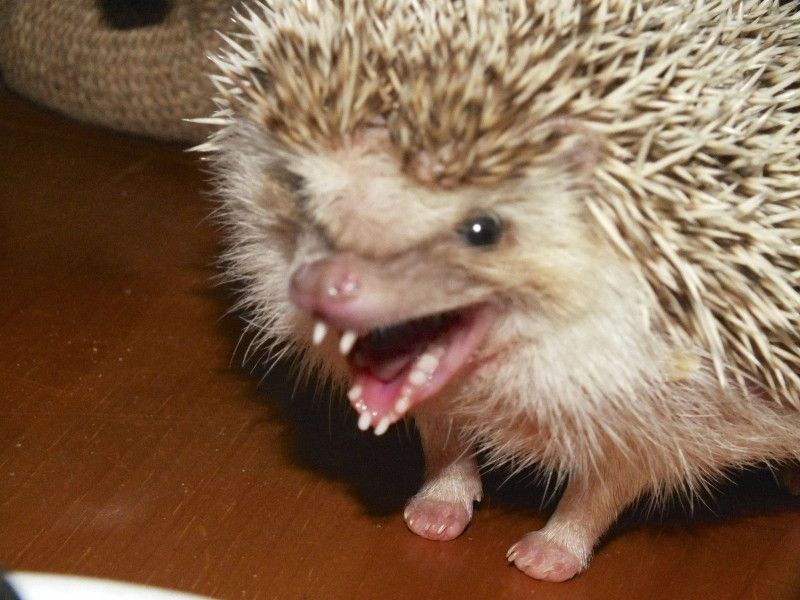
Pet hedgehogs often develop tartar buildup that wouldn’t occur in their wild counterparts. The soft foods in captivity don’t provide the natural cleaning action of crunching through beetle shells and other wild fare.
Gingivitis can follow, with painful gum inflammation making eating difficult. Advanced cases may lead to tooth loss or abscesses requiring veterinary intervention – problems rarely seen in nature.
Signs Of Dental Problems
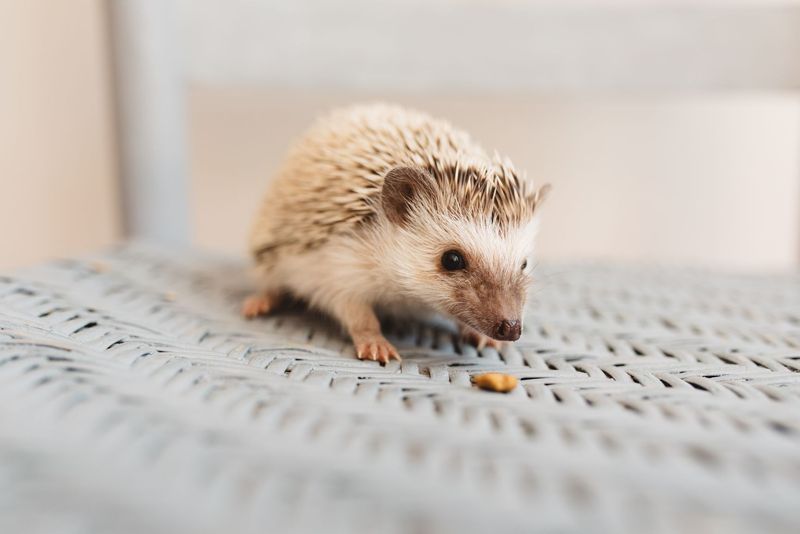
Watch for unusual drooling or wet chin fur – classic indicators of mouth pain in hedgehogs. A normally eager eater suddenly refusing food might be experiencing dental discomfort.
Frequent pawing at the mouth suggests something’s bothering your spiky friend. That distinctive unpleasant odor beyond normal hedgehog smell? It could signal infection requiring immediate veterinary attention before the problem worsens.
Importance Of Diet
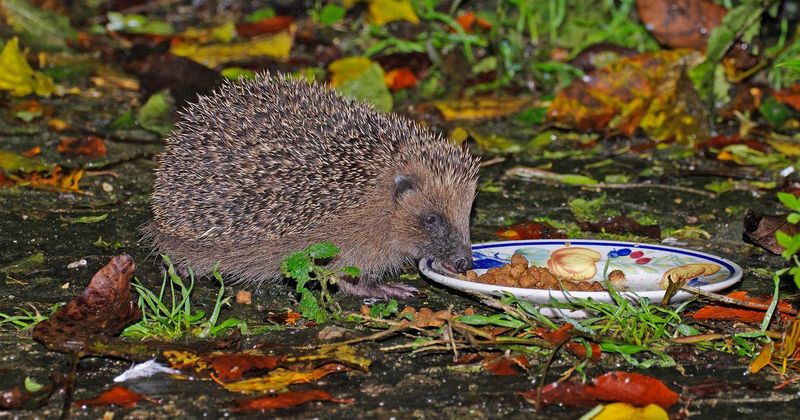
Offering crunchy insects like crickets provides natural dental cleaning for pet hedgehogs. The chitin acts like nature’s toothbrush, scraping away forming plaque as they chew.
Some owners incorporate specially formulated hedgehog kibble with appropriate texture to promote dental health. Fresh foods should balance softer items with those requiring more vigorous chewing to maintain those 44 teeth in top condition.
Brushing Teeth
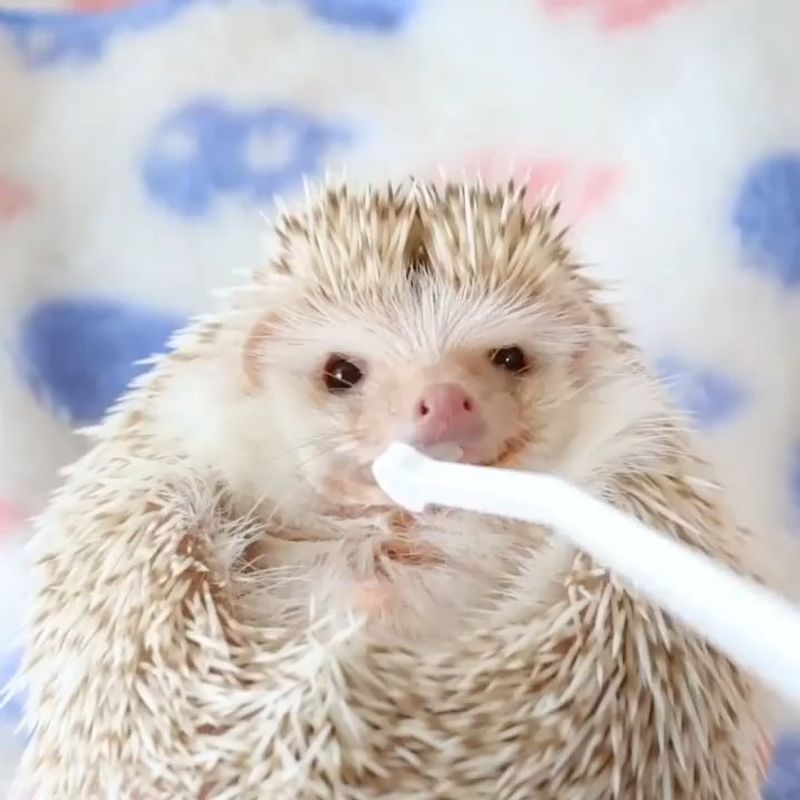
Brave hedgehog owners can attempt gentle dental cleaning with a moistened cotton swab. The key word is gentle – these tiny creatures won’t appreciate aggressive brushing! Focus on back molars where tartar tends to accumulate most heavily.
Never use human toothpaste as the fluoride and foaming agents can harm your pet. Patience and positive reinforcement make this challenging task more manageable.
Professional Dental Care
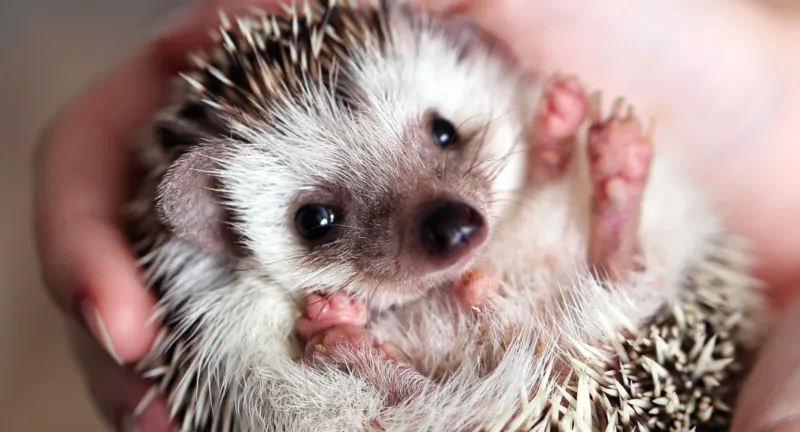
Severe tartar buildup requires veterinary intervention – attempting removal at home risks injuring your prickly pal. Exotic pet specialists can safely clean under anesthesia when necessary. The procedure involves scaling tartar and polishing tooth surfaces just like human dental cleanings.
Though intimidating to consider, professional cleaning prevents more serious health problems developing from untreated dental disease, potentially extending your hedgehog’s lifespan.
Preventive Measures
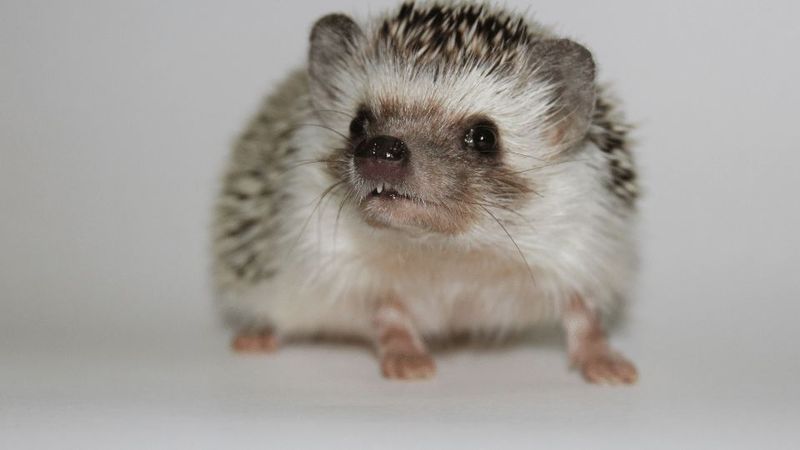
Regular at-home mouth checks help catch problems early before they become painful emergencies. Gently examining your hedgehog’s mouth during bonding sessions normalizes the experience.
Annual exotic vet check-ups should include dental assessment even without obvious symptoms. Maintaining proper humidity prevents dry mouth issues that contribute to dental problems. With diligent care, those tiny teeth can remain functional throughout your hedgehog’s life.



